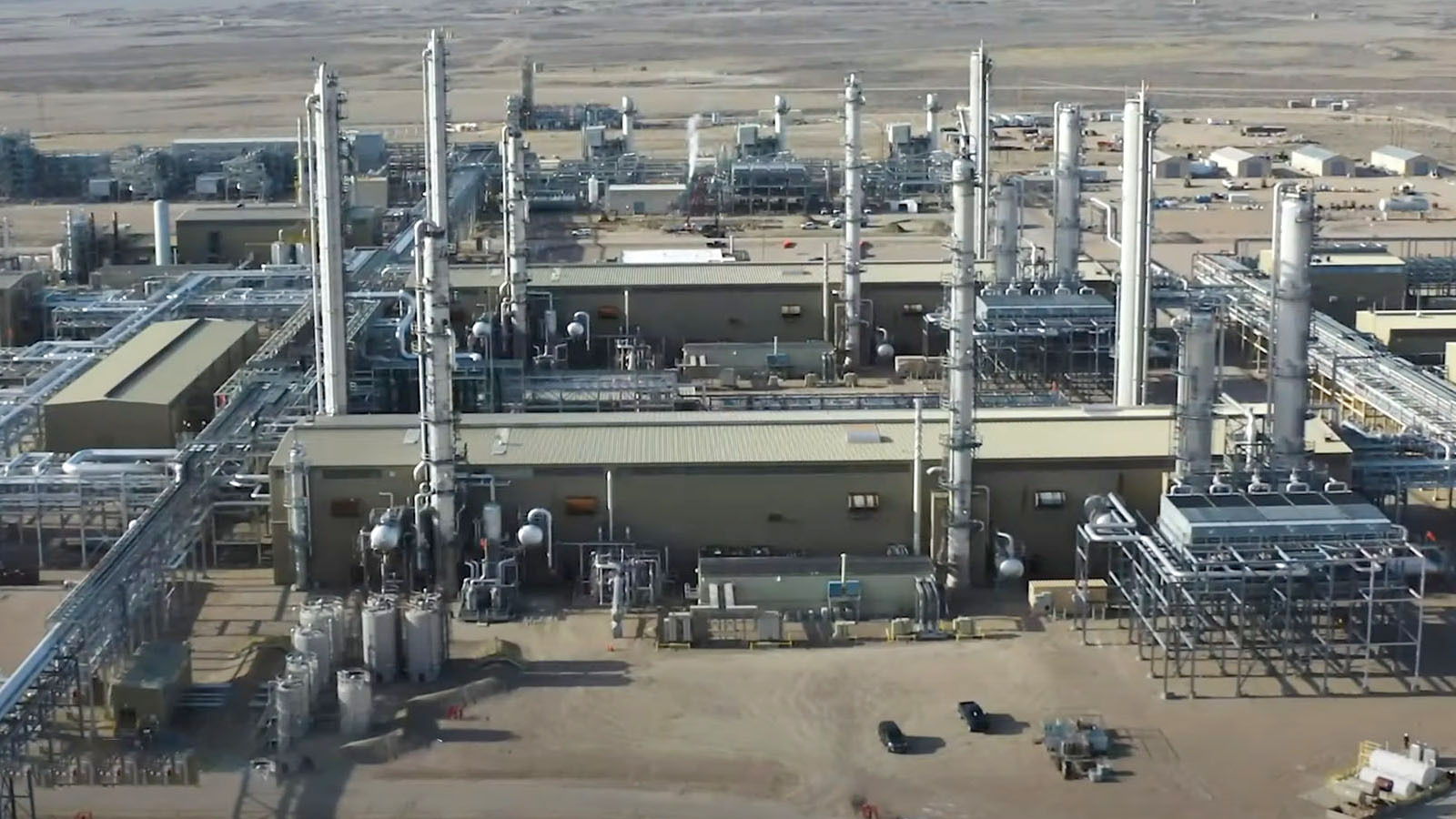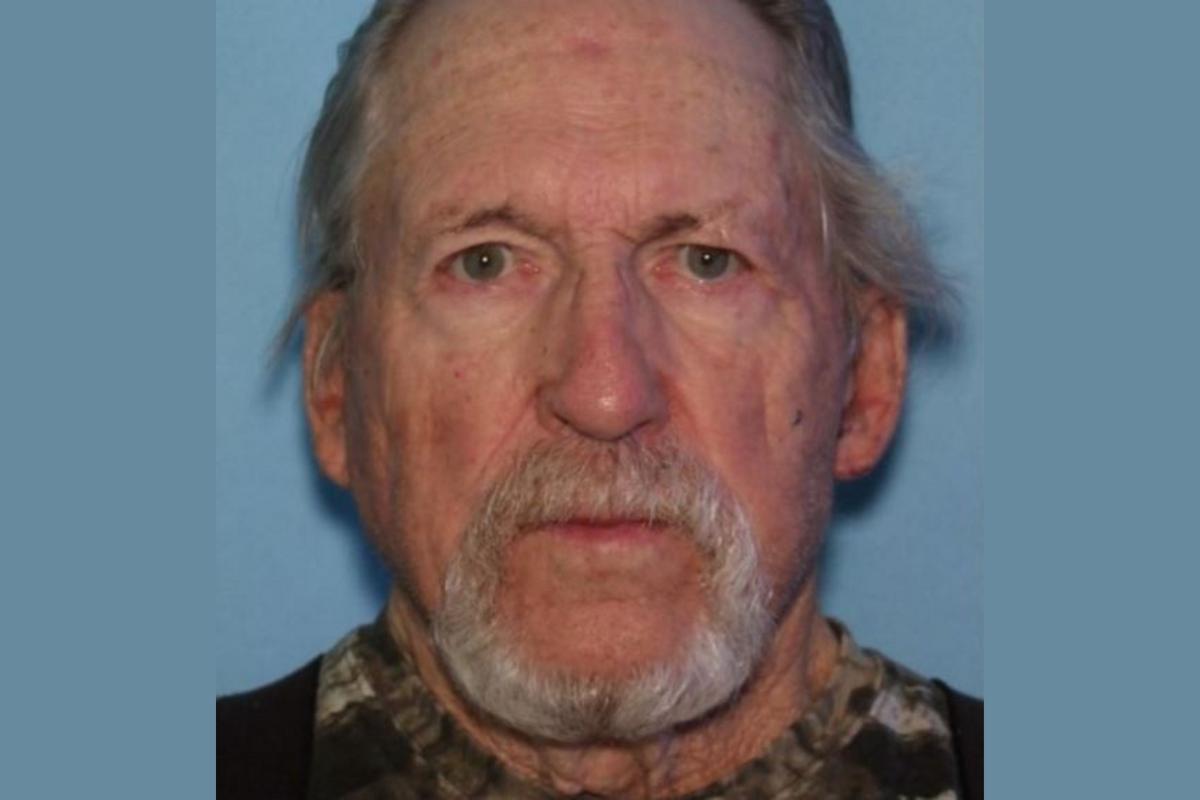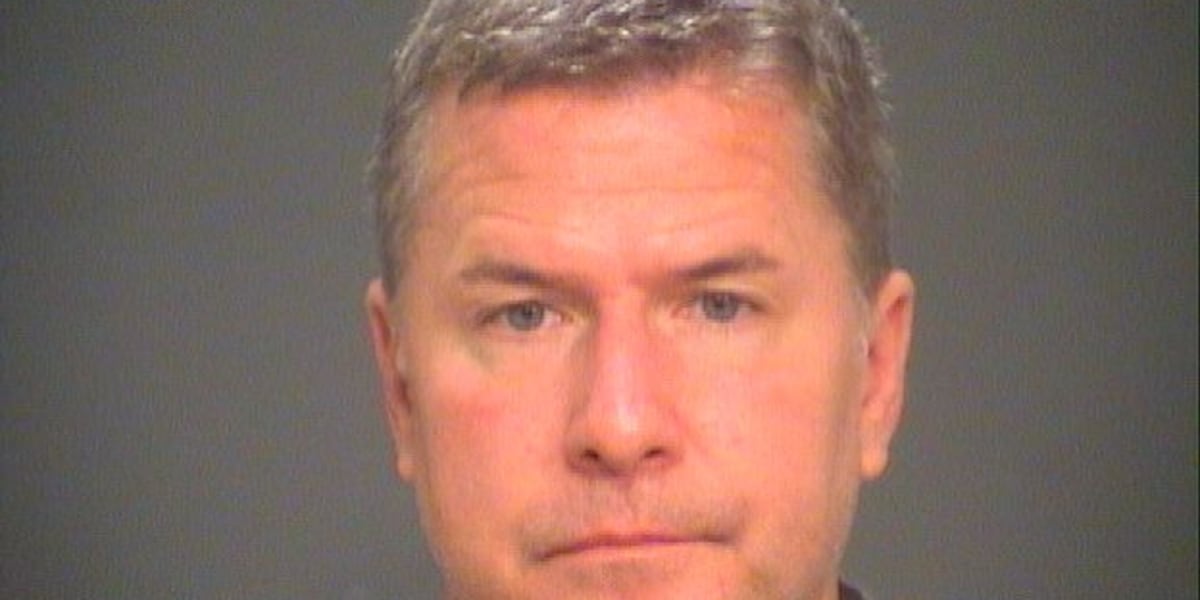Helium is good for a lot more than fun party tricks like floating balloons and chipmunking your voice.
It’s also state of the art when it comes to coolant for rockets and semiconductors, and it’s considered irreplaceable for many medical devices, including magnetic resonance imaging machines. It’s vital for diagnosing things like cancer, brain or spinal cord injuries, and stroke or heart conditions.
An increasing number of high-tech uses for helium has ramped up demand for this noble gas in recent years, making shortages ever more frequent.
It represents yet another multi-million opportunity for Wyoming, which has already been hitting the mineral jackpot lately with things like gold mines and uranium mines looking to ramp up in the Cowboy State.
Wyoming today already produces 20% of the world’s Grade A helium from one location, ExxonMobil’s Shute Creek facility in Sublette County, according to the company.
Last year, Exxon announced it would expand its La Barge-Shute Creek facility, which began operations in the 1980s primarily as a natural gas plant. It added helium production a couple years later after finding an 80-year supply of helium on hand. Exxon’s announcement was focused mainly about future carbon storage.
The company didn’t mention whether helium production will expand at the facility to meet growing demand.
As it turns out, though, ExxonMobil might not be the lone player producing helium in Wyoming for much longer. Another company is now test-drilling for helium on private land in Sublette County, even as it is working through a federal permitting process with the Bureau of Land Management.
The company is Blue Spruce, and the project is called the Dry Piney Helium and Carbon Sequestration Project near Big Piney.
That Magic Helium Place In Sublette County
Part of what’s attracted them to Sublette County is the proven geology of the area, according to Center for Economic Geology Research Director Fred McLaughlin.
“I think they are on the La Barge platform, which is this big, buried structure that allowed gasses to accumulate for probably close to 70 million years,” McLaughlin said. “And that’s one of the secrets to getting helium to slowly build up, because helium is a small atom and it’s super buoyant and slippery.”
Helium is present in the crust of the earth as a byproduct of radioactive decay, but few places on earth have the right geology to trap the tiny molecule and keep it in place long enough for it to accumulate to an economically feasible amount for mining.
Shute Creek, though, has already shown that this particular location in Wyoming has that magiccombination of things to collect an appreciable amount of helium that can be mined.
“(Blue Spruce) just drilled a deep, what they call stratigraphic test well, which is very similar to the wells at Shute Creek,” McLaughlin said. “And they are targeting some of those really deep carbon formations in that neck of the woods in Wyoming.”
An At Least 50-Year Reservoir
In an investor presentation the company shared late last year in Denver, the company has billed its project as a direct analog to ExxonMobil’s La Barge-Shute Creek facility.
It also talks about the undersupplied 2023-24 market as well as the strong growth expected for helium demand for semiconductor fabrication, fiber optics, rocket launches, and other high-tech endeavors.
The $1.5 billion project plan includes four production pads with eight wells that are expected to produce 800 million cubic feet annually of bulk liquid helium, as well as 80 million cubic feet per day of natural gas.
The lifespan of the resource is at least 50 years and includes a processing plant to separate helium from the gas, as well as five injection wells to store up to 4.3 million tons per year of carbon. The latter should make the project eligible for a lucrative, federal carbon storage tax credits called 45Q, which were part of the Inflation Reduction Act.
Blue Spruce expects to begin operation in the fall of 2028, according to recent announcements by Honeywell, which is providing carbon capture technology, and Chart Industries, which is providing helium processing technology.
Other Counties May Also Have Helium
Wyoming does have lots of helium left to mine, according to a recent study by Wyoming Geological Survey, and not all of that helium is necessarily tied up in Sublette County.
Kelsey Kehoe, a project geologist with Wyoming State Geological Survey, completed a report in 2023 that looked at natural gas production where the presence of helium was reported.
The study was prompted in part by supply shortages that she said have caused helium prices to skyrocket. The commodity is generally not publicly traded, so actual pricing is difficult to determine.
Helium is not a renewable resource, and that’s part of what makes it so valuable, as well as difficult to find. Stars produce it as a byproduct of fusion, for example, or you can wait millions and millions of years for it to slowly settle out as a byproduct of radioactive decay.
Yellowstone National Park has a reservoir of helium thanks to all the hydrothermal activity, which helps release helium from the earth’s crust. But most of that likely dissipates into the atmosphere, according to the scientists who are studying that helium reservoir, looking for clues to the earth’s fiery magma core.
As the second-lightest element on the periodic table after hydrogen, helium is an expert escape artist. It’s slippery, and since it floats, it tends to find ways to escape containment, no matter how advanced the technological device, ensuring we always need more of this curious substance.
Kehoe, in her report, found multiple, natural gas fields across Wyoming where helium was present as a byproduct, which suggests the right geology isn’t only confined to Sublette County.
Renée Jean can be reached at renee@cowboystatedaily.com.





























